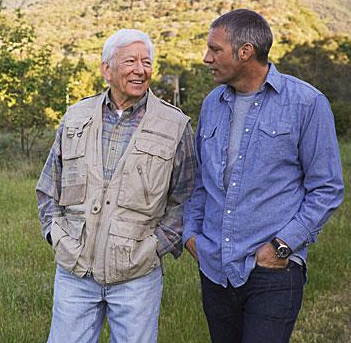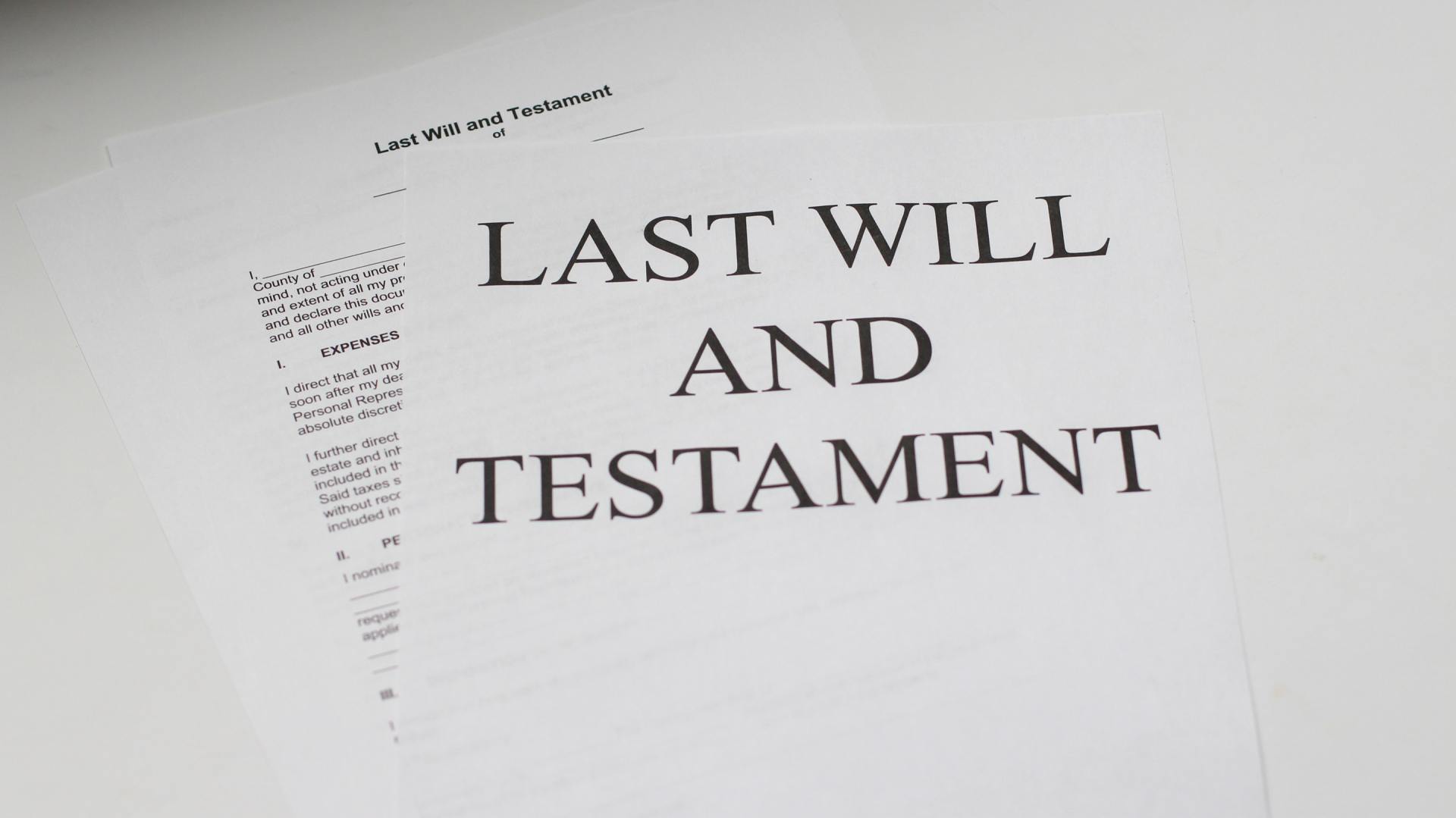
The death of a loved one can result in all kinds of emotions that go beyond grief. Some people process loss in different ways, and unfortunately, anger and conflict can arise all too easily during such sensitive times.
When it is not pre-arranged, funeral planning can be an added source of stress for many families at this already difficult time. But pre-planning can ease some of the strain on families and other loved ones who will be directly involved in the funeral arrangements. Here are a few ways that pre-planning a funeral helps to prevent family tension.
Reducing Stress
After a person dies, complications can quickly arise when it comes to wills, assets, insurance, as well as managing post-death events such as memorials and funerals. When a family doesn’t know what their loved one wanted in these terms, they have to base it on their own values, beliefs, and needs, which can vary significantly from person to person.
Because of this uncertainty — plus the fact that death is one of the biggest triggers for stress, depression, and anxiety — disagreements amongst family members are common during times of grief.
The stress comes from not only experiencing grief, but also from all of the legal, financial, and administrative tasks that must be dealt with on behalf of the deceased. Thus, when a person is able to take care of their own funeral or cremation details in advance, they can ease the burden that is placed on their grieving loved ones.
Having Peace of Mind
By pre-planning your own funeral, you can take the opportunity to let your family know exactly what you want ahead of time. When you make your wishes clear, you relieve your loved ones of the stress often associated with all the decisions and emotions of funeral planning. You will also likely eliminate sources of conflict or tension, therefore, allowing them the opportunity to remember you and grieve without any added stress.
Everyone involved will be able to be calmer knowing that they have less paperwork, finances, and other administrative matters to deal with.
Covering the Costs
Pre-planning your funeral means that costs of covered ahead of time. Doing this will protect your family from having to pay for an unexpected funeral and the associated costs. It will alleviate the financial strain that is often put on families during this unfortunate time, and previous arrangements will leave them more time to heal and absorb change.
Funeral pre-planning gives you the chance to tell everyone exactly what you want ahead of time in order to avoid confusion or conflict for your loved ones. When you take steps to plan, you can preemptively support your family not only financially, but also emotionally and spiritually.
To ensure that you have every detail in place ahead of time, fill out our handy pre-planning guide today, or download our free guide to review at your own pace. You can also contact Miron Wilson at any time for help with your funeral planning needs.
Micheal J Wilson is the the Managing Director and owner of Miron Wilson Funeral Home and has been a licensed funeral director for over 25 years. Mike and the staff at Miron Wilson are committed to helping their clients during the difficult time, when a loved one passes away.
On the personal side, Mike is a dedicated father and husband, an avid fisherman and a Leaf’s fan (we can’t all be perfect).

Death is never an easy topic to discuss, this is especially the case when the time comes to talk to an aging parent, or other loved one about what they want to happen after they pass. Despite the difficulty of bringing up the topic, pre-planning a funeral or cremation arrangements and all the details could be one of the most important conversations you might have with your loved one.
Why Discuss Funeral Planning Ahead of Time?
Funeral pre-planning isn’t just about the death itself, it’s about ensuring that everyone is as calm as possible after the time of death so that the grieving process may take place in a healthy way. Pre-planning is about legal matters, tax issues, administrative details, and family rights. Most importantly, preplanning is a way to ensure that everyone is taken care of, so no unnecessary conflict or stress occurs after a loved one passes.
You also need to ensure expenses are covered, and that everyone directly involved in the planning and grieving process is aware of what’s happening. Of course, the main thing is that you want to have their wishes fulfilled, so including them in the process ahead of time is the only way you can know if their desires are respected.
Broaching the Topic
Funeral pre-planning doesn’t have to be a sad or heavy topic to discuss, though it will probably be uncomfortable at first. One thing that you can do is broach the subject casually or impersonally, discussing the funeral or situations of other people you know. For instance, you can find out what they think about so-and-so's memorial service, or ask them in general what they think of cremation or other types of services. Casual conversations about death-related topics can ease both of you into the subject without it having to be a shock.
Sometimes you might even find a bit of humour in the conversation, if that’s your loved one’s style. Just try to go with the flow, even if it feels a bit odd at first. Bear in mind that this may be a very private matter, so try to keep the conversation discreet and be sure to bring it up respectfully and in the right context.
Difficulties You May Encounter
You might find that your loved one is dismissive, reluctant, or even angry when you bring up the topic of their death. Be sure to bring it up gently, and be completely clear that the idea is about respecting their wishes.
There are legal and financial elements to consider, which may be a source of stress for your loved one, and that could also make them resistant to talking about it. Thus, you may want to get all of the information on pre-planning ready ahead of time, so that they understand you are doing it out of support for them.
Consider All Options
Most people already know about the two primary options to choose after death: direct cremation or burial. But there are actually many more details and even a few alternative options that your loved one may not know about. For instance, a person may wish to request a Northern Wake or a Celebration of Life i nstead of a traditional funeral service or cremation. Or, if they would like to be cremated but also placed in a cemetery, an affordable option for them could be having a cremation niche in a cemetery.
At any rate, it's essential to start the process of funeral pre-planning as early as possible. It's important to talk about while the situation is relaxed and your family member is alive rather than after they fall ill or pass and you are in a state of shock or incredible stress.
If you’re researching what happens through the funeral process, take a look at our preplanning too l (or download your own ), and contact Miron Wilson for more information.
Micheal J Wilson is the the Managing Director and owner of Miron Wilson Funeral Home and has been a licensed funeral director for over 25 years. Mike and the staff at Miron Wilson are committed to helping their clients during the difficult time, when a loved one passes away.
On the personal side, Mike is a dedicated father and husband, an avid fisherman and a Leaf’s fan (we can’t all be perfect). Although there is hope for the Leafs this season!


I was scrolling through Facebook the other day and was shocked by what I saw. People wishing a recently deceased person Happy Birthday on their Facebook page!
It was obvious that the people were not aware that this person has passed away. This lead me to a few questions:
• What happens to a Facebook account when someone dies?
• How do you close a deceased Facebook account?
As it turns out, there are ways to close or memorialize your Facebook page in your account settings. Check out the link below to see how its done.
https:// www.facebook.com/help/408583372511972/
As the world changes and technology evolves, there will be more and more new issues that need to be dealt with when someone passes away. Lots of things we never think of:
• answering machine messages
• cell phone accounts
• social media accounts
Do you have all your important documents, passwords, accounts in one place?
Planning ahead for how your digital assets are handled after you're gone, has become almost as important as all your other assets.
Along with all the more tradition documents that should be kept together in a safe pace (will, life insurance policy, investment documents, property deeds, etc.), you should also keep a list of usernames and passwords for all your online accounts, including:
• email accounts
• financial accounts (banks, insurance, investments, Paypal)
• social media accounts (Facebook, Twitter, Pinterest, Snapchat)
• monthly online subscriptions (Netflix, Itunes, Audible, Google, Weight Watchers)
These accounts need to be closed or transferred to avoid undue costs. They need to addressed the same as all your more traditional assets and documents.
For more information about putting all your affairs in order. Please contact us at info@mironwilson.com
Micheal J Wilson is the the Managing Director and owner of Miron Wilson Funeral Home and has been a licensed funeral director for over 25 years. Mike and the staff at Miron Wilson are committed to helping their clients during the difficult time, when a loved one passes away.
On the personal side, Mike is a dedicated father and husband, an avid fisherman and a Leaf’s fan (we can’t all be perfect).











